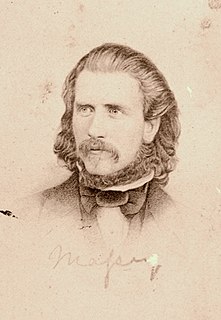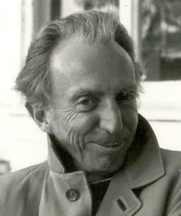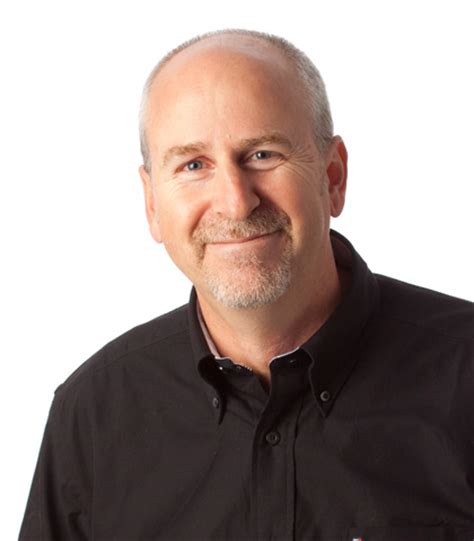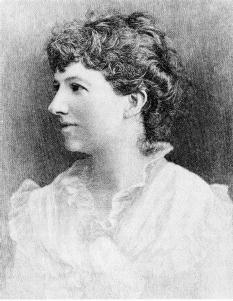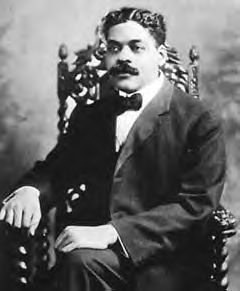A Quote by Chimamanda Ngozi Adichie
Our histories cling to us. We are shaped by where we come from.
Related Quotes
So briefly do we raise our heads, so quick sink back. For a moment we are lifted by a wave of time, are tossed up into the sunlight of consciousness We cannot see so far as where this wave began, but maybe we have waited some thousand years for it to come, and now it is on us. This is our moment, the wave is breaking. The crest which passes through us now in tumult was shaped by the past, and we in this moment are able to shape the crest which is to come.
We, unaccustomed to courage exiles from delight live coiled in shells of loneliness until love leaves its high holy temple and comes into our sight to liberate us into life. Love arrives and in its train come ecstasies old memories of pleasure ancient histories of pain. Yet if we are bold, love strikes away the chains of fear from our souls. We are weaned from our timidity In the flush of love's light we dare be brave And suddenly we see that love costs all we are and will ever be. Yet it is only love which sets us free.







